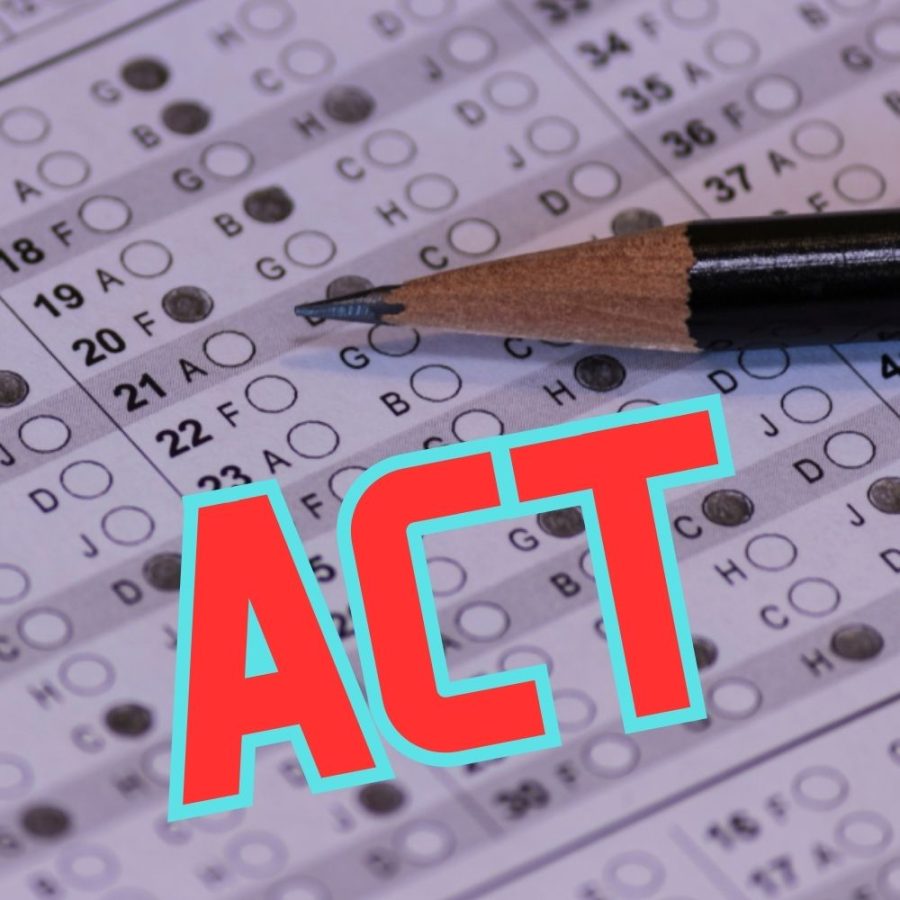The economic ethics of the ACT
The American College Test, more commonly known as the ACT, is considered a student’s ticket into college, getting scholarships, and having access to other opportunities. The test is made up of 215 questions and 1 essay, to be completed in just over 4 hours.
The ACT is not only an unfair gauge of a student’s academic capabilities, but it is also economically discriminatory.
One of the commonly overlooked inequalities of the test is the financial aspect. Those afford extra ACT prep and training do better on this test, and those who are not able t these opportunities fall behind the curve.
The price of taking the test alone can be too much for some families. The official ACT states that the baseline fee for taking the ACT is $66.00 or $91.00 with the writing portion.
Along with paying for the test, families that can afford ACT prep often purchase multiple tutoring sessions or pay for expensive classes.
A study by Ashley Robinson, a journalist for online standardized test prep organization PrepScholar, found that good ACT tutors charge between $40 and $200 per hour. Those who can afford these high prices gain an automatic advantage over those who cannot.
Elevating the odds at a high score due to repeated practice, coaching, and strategies generates an unfair gap in terms of college acceptance and scholarship opportunities.
Some deem these tutoring sessions unnecessary, but the improvements students see in their ACT scores prove otherwise.
“The junior who takes a mock test cold, scores within the normal range – 16-28 for ACT and 900-1350 for SAT – and then starts tutoring, a standard package of 12-16 tutoring hours usually yields 3-5 points of improvement on the ACT,” according to the results of a 2017 experiment by Sexton Test Prep.
Those 3-5 points of improvement could very likely be the deciding factor regarding a student’s acceptance into a college or university. A high ACT score is an easy way for a student to set themselves apart from other applicants.
Though testing companies now provide sources of economic aid or fee waivers for lower-income families, problems still exist. A survey done by Pathway to Progress, a Florida-based nonprofit aiming to lessen the disparities in education and healthcare, found that these students are not likely to take the test more times than their waiver allowed. High-income students are able to pay for and take the test as many times as they desire.
Overall, the inequalities of the ACT make it a discriminatory method of gauging a student’s eligibility for acceptance into schools. Universities should consider other aspects of a student’s resume such as classes taken, GPA, or other activities when reviewing their credentials.
American colleges and universities must take a step away from the ACT for equity’s sake.








